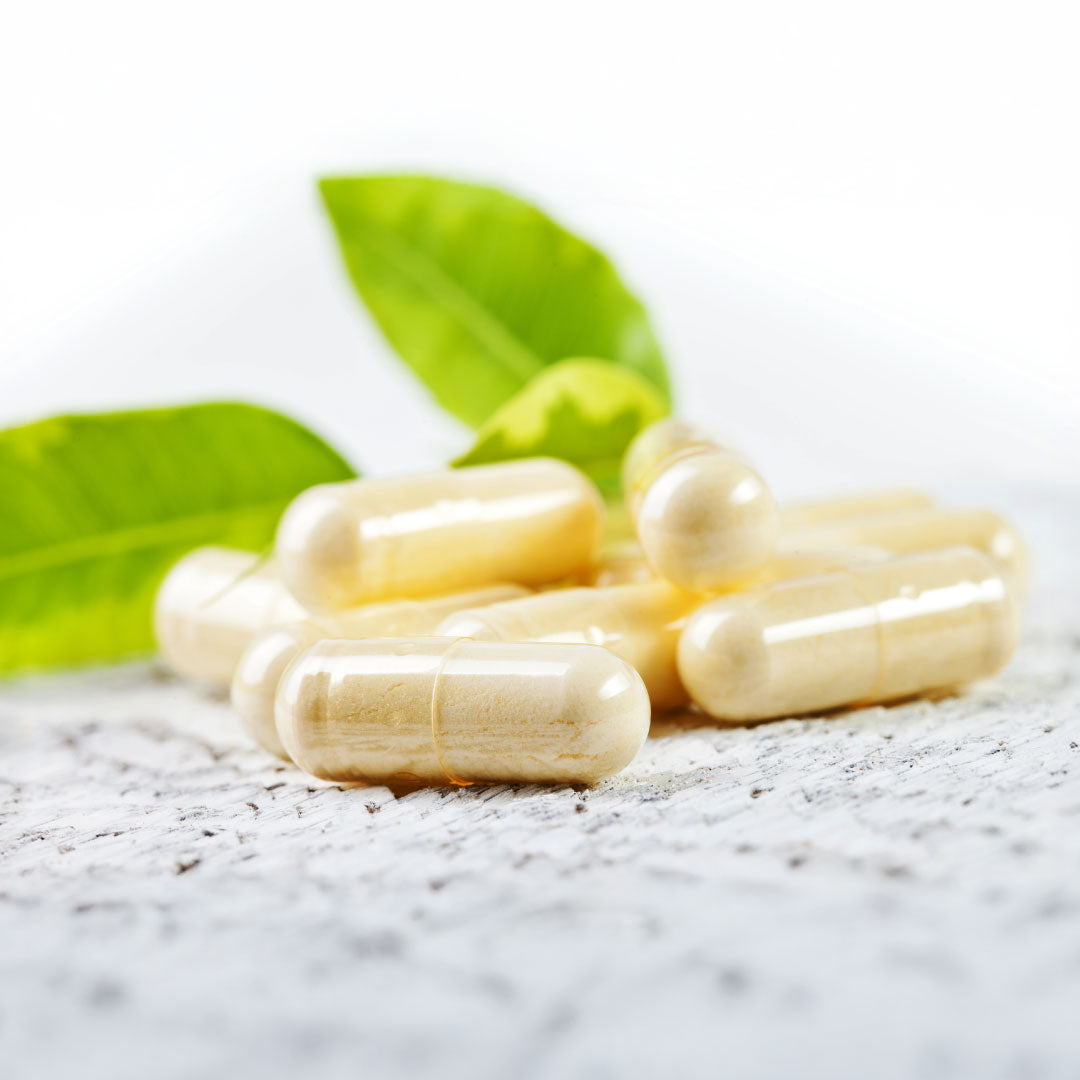Have you ever finished a workout only to feel completely drained instead of energized? I know that feeling all too well. For the longest time, I felt absolutely rubbish after exercising, depleted, weak, flat, and shaky. I would wonder how anyone could possibly celebrate sports when I felt so miserable afterward.
Even though I live with autoimmune diseases, they aren’t directly tied to exercise fatigue. In fact, I’m metabolically healthy, insulin sensitive, eat an organic keto diet, and practice intermittent fasting. Still, I struggled with recovery after exercise. That’s when I realized I had to treat exercise like brushing my teeth or taking a shower, something non-negotiable, but also something I needed to approach smarter.
At 47, I know my bones aren’t the strongest, and I don’t need to push myself with hours of heavy lifting. If I can fit in 30 minutes of Pilates each morning, that’s a win. I love followingMove with Nicole on YouTube for Pilates with weights, it gives me the perfect mix of strength, flexibility, and stretches.
But the real game-changer was figuring out why I felt so low on energy after workouts and how to fix it. Here are the three key reasons and solutions that transformed my exercise recovery:
If you’re on keto or low-carb, you might be limiting glycogen, the stored carb energy your muscles need for strength training, sprints, and even moderate exercise. I now follow atargeted keto diet, which means having a small amount of fast-digesting carbs before exercise. A teaspoon of raw honey, two dates, or even a bit of baked sweet potato can make a world of difference.
Not all carbs are equal. Table sugar and processed starches will give you quick energy but damage your body in the long run. Instead, choose nutrient-rich carbs that provide vitamins, minerals, and antioxidants along with energy.
After exercise, your muscles are primed to absorb amino acids and repair tissue. This window, about 30 to 90 minutes post-workout, is when you should prioritize protein, especially rich in the amino acidleucine. This helps reduce muscle breakdown and stimulates muscle protein synthesis (aka building new muscle).
I aim for 30–40 grams of protein after workouts. Some of my go-tos include:
-
3 fried eggs
-
Whey protein
-
Beef
-
Tuna, mackerel, or salmon (bonus: they’re rich in omega-3s to fight inflammation)
Every workout costs us electrolytes, sodium, magnesium, potassium, calcium, and chloride. Without replenishing them, you risk feeling weak and fatigued. My recovery routine includes:
-
Adding Himalayan or Celtic salt to water
-
Eating potassium-rich foods like avocado
-
Magnesium from spinach
-
Calcium and sodium from cheese
-
Bone broth for a mineral-rich boost
Sometimes, fatigue is linked to deficiencies in B vitamins, especially B2, B5, and B6. They’re essential for energy metabolism and recovery. I love incorporating them through superfoods and supplements like apple cider vinegar complexes, collagen blends, and bio-cultures.
If you’re constantly feeling drained after workouts, don’t give up on exercise! With a few smart tweaks, targeted carbs, protein timing, electrolytes, and vitamins, you can transform how your body recovers and feels. I went from dreading post-workout fatigue to actually enjoying my workouts again.
-- Written by Hala Ali, founder of Dietapplements















